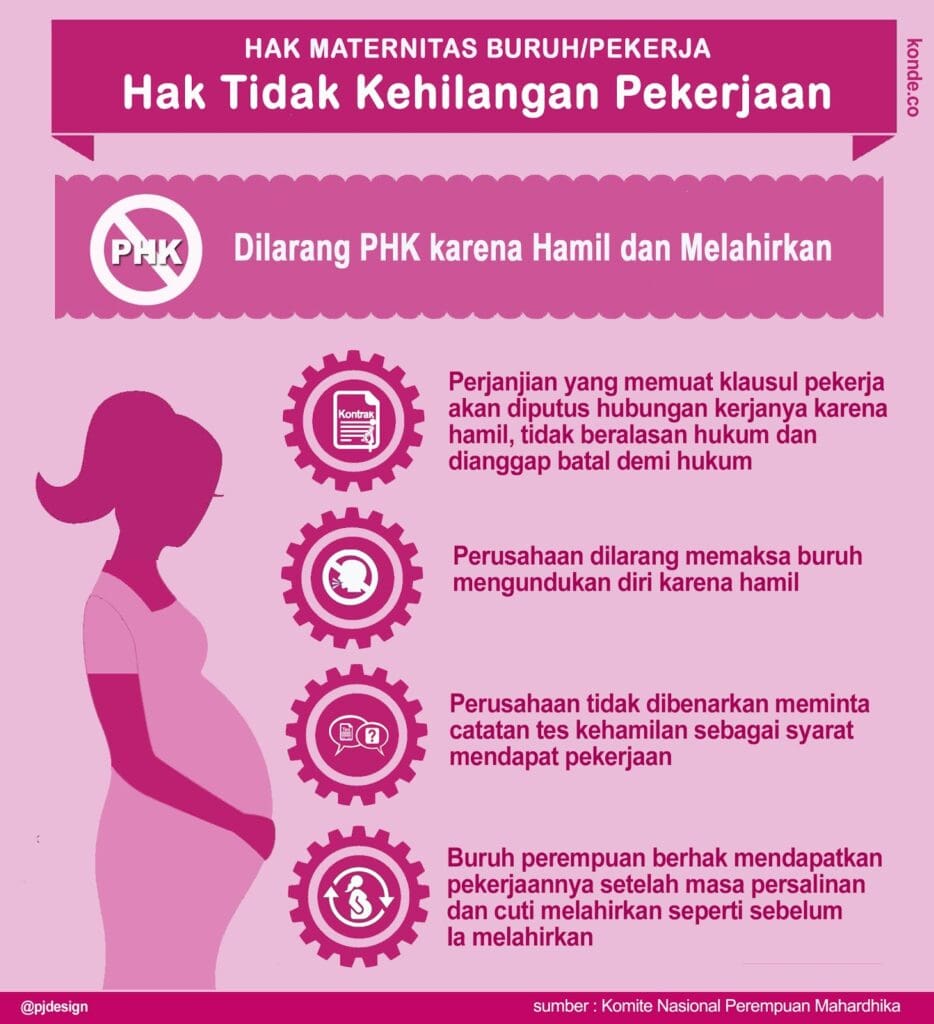Documentary film director, Ani Ema Susanti found it difficult when she wanted to make a film about Indonesian female figures in the colonial period. In 2013, she then tried to go to libraries to look for women’s historical writings. But it turns out this is not easy. She did not find the history of the struggle of Indonesian women she was looking for.
Ani Ema Susanti, at that time, was looking for a book that contained writings about the life and thoughts of a woman activist, S.K. Trimurti. Even though S.K. Trimurti was a woman activist as the first labor minister in Indonesia. She was also a very active journalist.
S.K. Trimurti was a journalist whose writings are very popular with the first President of Indonesia, Soekarno. Soerastri Karma Trimurti or S.K. Trimurti was born in Boyolali, May 11, 1912. Trimurti has led the Kartini’s Fire (Api Kartini) magazine, the People’s Mind Magazine, Mardi Utama, and several other media. Apart from Mardi Wanita, SK Trimurti also built the Women’s Front, which fought for the fate of many women workers. After that, she was also active in Gerwis (Women Awareness Movement). It was here that she later wrote a lot about the fate of women in Indonesia. SK Trimurti writes a lot in Api Kartini magazine, Berita Gerwani, and writes a special column for women every Thursday in the People’s Daily Newspaper. It is in these media that we can see how Trimurti’s SK then fought for the fate of women in Indonesia, her writings on women’s labor, women’s reproductive health, women’s education, poverty can be read in each of her writings.
At the age of 25, Trimurti was imprisoned for the first time. This is because Trimurti distributed anti-imperialism and anti-capitalism pamphlets containing information about Dutch injustice. For nine months, she was languishing in Bulu Prison, Semarang. Her writings about women and the labor struggle became one of the cornerstones of the feminist movement in Indonesia until she became the first labor minister in Indonesia. S.K. writing Trimurti is scattered everywhere and there are not many libraries that keep it.
Due to difficulties, Ani Ema then tried to find the writings written by SK Trimurti by contacting several universities. But she also did not get the writing that wrote S.K. Trimurti.
“Some of my colleagues and friends then suggested that I look for it in the library in Leiden, the Netherlands which has a complete history of Indonesia.”
Luviana, the manager of Konde.co at that time researched on the history of women’s media in Indonesia, so Ani Ema Susanti and Luviana met. Ani was then able to get writings about SK Trimurti.
It was not easy for Luviana to get Trimurti’s SK writing. She had to meet SK Trimurti in person to get Trimurti’s writing. Trimurti’s writings are scattered in her room, since getting old, Trimurti only puts her writings in her room. Other writings were obtained by Luviana by traveling to several libraries in Indonesia.
That’s a piece of the film entitled “S.K. Trimurti” directed by Ani Ema Susanti with producer Lola Amaria. The film was finally released in 2015. This film was then screened at the Women’s Claims event held by SEA Junction with Galeri Cemara on Wednesday, August 28, 2019, in Jakarta. After the screening, there was a discussion about women’s history films. Ani Ema said about the difficulty of finding references about the history of Indonesian women in the past.
The difficulty of finding writings or references about women’s history is also acknowledged by several other women activists. So a meeting like this is very important as a reminder to write the history of women. The event for Women’s Struggle (Perempuan-Perempuan Menggugat) not only featured visual works but also launched a book about what many women activists did in their time. This artwork was produced by Seruni Bodjawati. She describes the gait of 29 female historical figures who lived from 833 to 2019 during the pre-colonial period, the VOC, the Dutch East Indies, Japan, the War of Independence, Liberals, Guided Democracy/Old Order, the New Order, and Reformation.
Film artist Christine Hakim was present at the film’s discussion about the history of the woman. Christine Hakim tells about how the film is an important key for people to know the history of the past.
Christine Hakim has played in films that explore the history of the past such as she played in the film Tjoet Nya Dhien, became the mother of Kartini, and also became the wife of Hasyim Ashari in the film Hos Tjokroaminoto. She also experienced how she had to look for references that were a bit difficult to find.
“Most of the writing is in Dutch,” said Christine Hakim.
For Christine Hakim, by playing a female character like Tjoet Nya Dhien, she then knew more about the role of women at that time. For her with the film she learned a lot about the history in the past and how Indonesian women think about their nation, think about independence for the nation they love.
“There are 33 women who have ruled in the Aceh Sultanate. I always cry when I talk about Tjut Nya Dien’s struggle. 3 years after playing the film I still cry remembering the struggle of Tjoet Nya Dhien, her pain in fighting for independence.”
Many support if the film becomes a space to learn about women’s history. With films, more people and young people will see the history of women in Indonesia.













